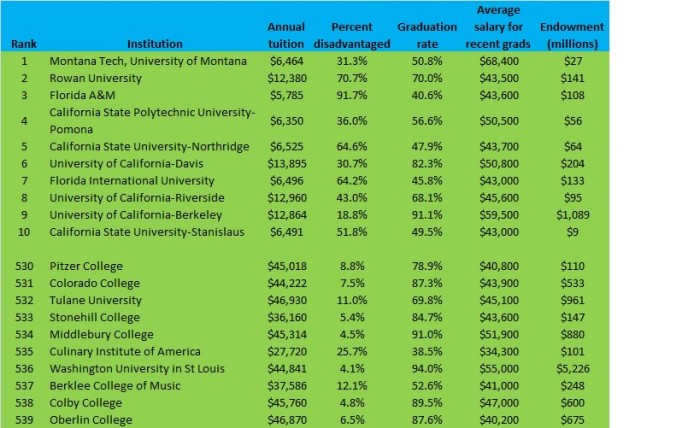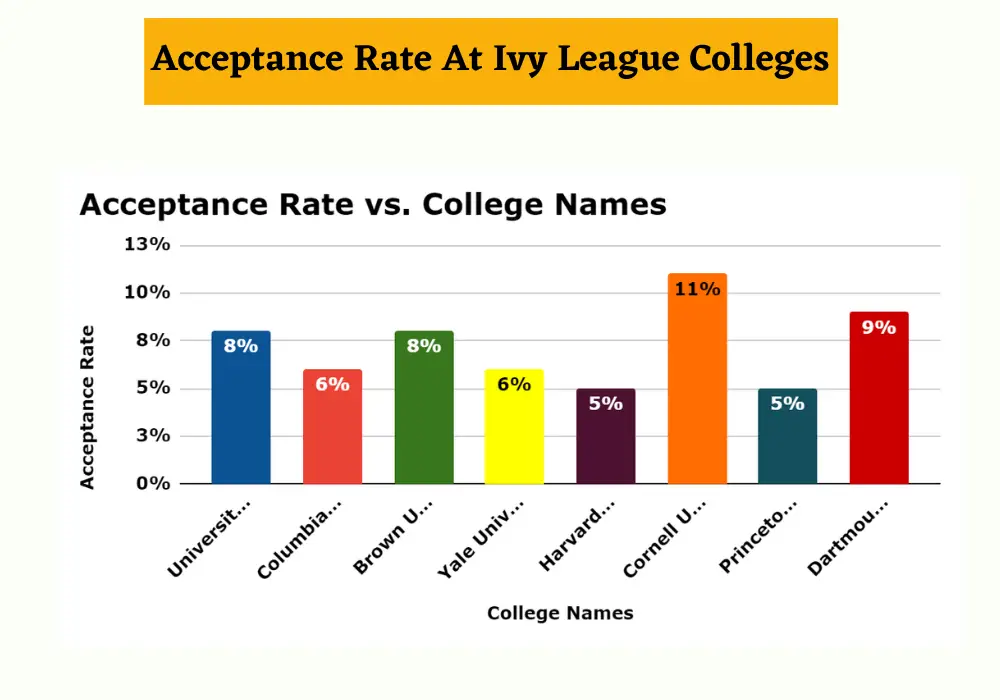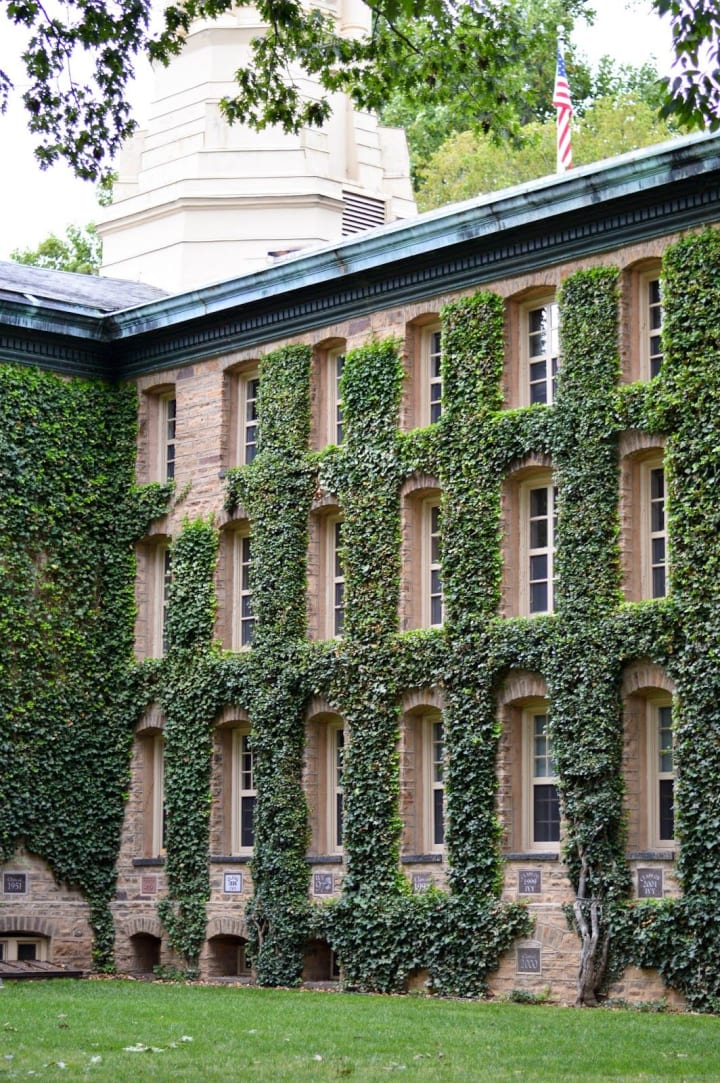The University of California in Berkeley is one of the top ranked universities in the United States for a variety of programs. Although UC Berkley does not have a specific pre-med major, they still have a higher than average acceptance rate into medical school. Although students can major in anything they wish, the bioengineering major offers many of the science classes needed before applying to medical school.
Berkley also offers a premed concentration within the bioengineering major, specifically for those who plan to become physicians. Pre-medical students may also want to get involved in the Undergraduate Research Apprenticeship Program offered by the university. Vanderbilt University is located in Nashville, Tennessee, and is one of the best non ivy league schools for pre med programs with a truckload of resources to assist students in entering the best medical school.
The acceptance rate is pretty tight at 10% but if you have an SAT score between 1450 – 1560 or an ACT score between 33 – 35 then you stand a chance of being accepted into the premed. Although pre-med majors are rare, many universities offer robust pre-med advising for students intending to apply for medical and health careers. Amherst has an open curriculum as well, so it's another college especially well-suited for pre-med students wanting to major in a non-STEM subject. Due to its smaller enrollment and emphasis on undergraduate education, students will be able to get to know their professors, leading to stronger mentorship and standout letters of recommendation. You will also have access to pre-med advisors who are invested in your success. The medical school acceptance rate is 75-80%, though this rate increases to over 90% when you include re-applicants.
Brown's Health Careers Advising offers plenty of resources to get experience in the medical field, such as clinical experience and volunteer opportunities. Despite the ever-increasing cost of a college education, there remains a common misconception that Ivy League schools such as Harvard and Yale offer the best premed programs. Of course, many people want to go to an Ivy League school, but that doesn't always mean they'll get the best pre med experience. The reality is that for pre med students, each school has its own unique culture and learning environment and therefore offers different opportunities and experiences. Because the admissions criteria remain daunting even for top students, you must choose your undergraduate school wisely if you wish to be admitted into the best medical school program in US.
The University of Washington in Seattle is a highly ranked school with a great pre-medical curriculum. Similar to other universities, students choose their major and are assigned to an advisor who helps the student stay on track with their pre-med requirements. The university also has one of the top medical schools in the country.
What Is The Best Ivy League School For Medicine In fact, it is the number one ranked medical school for primary care physicians. The University of Washington offers a number of research opportunities for pre-medical students as well as extracurricular activities. Another factor lending itself toward a high ranking for the university is the large number of groups for pre-medical students to participate in. With a top-15 med school, Northwestern offers lots of research and clinical opportunities. Unfortunately, there's no available info on pre-med acceptance rates to medical schools for students at Northwestern. However, Northwestern does publish a list of medical schools that its graduates have been admitted to in the past five years, which includes top programs like Harvard's and Columbia's medical schools.
And ranking on our list of best non ivy league schools for pre med, Georgetown University delivers quality premed education for students to realize their dreams in the medical field. The acceptance rate here is 17% and you will need an SAT score of 1370 to 1530 or an Act of 31 – 34 to be accepted into the program track. Premed schools are higher education institutions in the United States that provide an educational route for undergraduate students interested in becoming medical students.
Pre-med education, volunteer activities, clinical experience, research, and the application process are all part of the process of preparing a student for medical school. Rice University is one of the best non ivy league schools for pre med located in Houston, Texas, and one of the best universities in Texas. It offers a premed track program to effectively and efficiently prepare students for the next phase of their medical journey. The acceptance rate is 8.7% and if you have an SAT score between 1470 – 1560 or an ACT score between 33 – 35 then you could get admitted into the premed program. Medical school admissions consultingto individuals applying to medical school and PA school programs. IMA is here to provide the tools you need to help further your career and expand your opportunities in healthcare.
Student GPAs, as you'll find out later, are among the things that most institutions include when providing info on their pre-med students' acceptance rates to medical schools. The major point of this as far we can see is to let you know that students that attended their programs with higher GPAs were more successful in their medical school application than those that had lower GPAs. Lastly, don't assume private universities are the only places you can prepare for medical school.
The University of Washington in Seattle has one of the best medical schools in the world, particularly in primary care, and undergraduates at UW benefit greatly. Understanding the requirements for medical schools and the role undergraduate programs play in those requirements may be crucial to you ending up where you want to go. In this post, we'll note the most important considerations for high school students considering med school, as well as some of the top colleges and universities for pre-med students.
Your extracurriculars for medical schoolmust include activities that would highlight your individuality and show your dedication and passion for a career in medicine. Your AMCAS Work and Activitiessection must demonstrate your versatility and dedication. Demonstrate a variety of extracurriculars with a substantial time commitment; having only one extracurricular could hurt your chances of acceptance as it limits your experiences. According to the latest data, students who get accepted into Ivy League medical schools have incredibly impressive premedical experience. More than 90% of these schools' matriculants had in-depth research and lab experience.
Over 50% of Dartmouth's medical school matriculants had medical or clinical paid employment experience! And even though shadowing is not required but recommended, over 80% of the students who were accepted by these schools had shadowing experience. A high percentile of matriculants also had other community engagement and volunteering experiences. There are many ivy league medical schools requirements that go into consideration when choosing which college or university to attend for your pre-medical education. In addition to financial factors and geographic location, how well the school ranks is also a consideration. UPenn, as most people call this university, is home to the Perelman School of Medicine; which happens to be ranked among the best medical schools in the US.
If you get into this med school, innumerable research opportunities are right at your disposal. Studies have shown that 76% of pre-med students at Upenn had their medical school applications accepted. This is quite impressive especially when you consider the fact that the national average that year was 43%.
Another factor that is often overlooked is that prestigious schools usually have more resources and opportunities for pre-meds. Most of the highly ranked medical schools are major research institutions. And the undergraduate portions of these medical schools are usually respectable as well. So if you go to UCLA as an undergraduate, you have the opportunity to do research with prominent researchers. In addition, there are numerous hospitals and clinics attached to UCLA where you can volunteer, shadow or work. This helps build your resume and get influential letters of recommendations.
Although UCLA is a big school and students are not pampered, the resources were abundant. Therefore, even if reputation does not directly affect admissions, going to a good school can help indirectly. A medical degree is a timely investment, but often results in a high salary, job security, and the opportunity to do meaningful work. All of the schools on this list are extremely competitive with single digit acceptance rates, but boast extensive resources and great job opportunities for their students.
As you begin your search, it is important to know what defines an Ivy League school for premed. Here you will find information about Ivy League Schools for Pre Med, ranking, acceptance rates, application processes, medical school curriculum and more. The second most selective and arguably the most prestigious university in the country, Harvard University has been around for longer than the United States has been a country.
Since its founding in 1636, the school has grown into a world center for research supported by a $40 billion endowment. The selectivity of Harvard admissions is topped only by Stanford University with its 4% acceptance rate. The already intense medical school admissions process becomes all the more competitive for international students with each passing year. This is why international students need to bring the highest numbers to the application table, along with a strong personal statement and activities list.
Duke University is a prestigious higher institution of learning located in Durham, North Carolina, and ranks on our list of best non ivy league schools for pre med. The acceptance rate here is pretty tight at 7.8%, therefore, you need to be at the top of your game to be considered for admission into the premed track. If you have an SAT score between 1500 – 1560 or an ACT score between 33 – 35 then you stand a chance to be accepted.
Ultimately, your medical school application will not be determined by where you attend college or what you major in. These can be achieved at nearly any major university or selective liberal arts college. Nevertheless, it's also important to think about whether the universities to which you're applying have the resources and opportunities to ensure you can develop a strong profile for medical school. The University of Pennsylvania's strong medical school and research-oriented curriculum also makes it a great pre-med school.
Access to nationally-renowned hospitals in Philadelphia only increases undergraduate students' ability to gain hands-on medical experience before applying to medical school. Between these opportunities and the university's strong curriculum, Penn students enter medical school at significantly higher rates than the national average. Unfortunately, UNC doesn't track specifics when it comes to med school acceptance rates for pre-meds. We can presume the number is fairly high given that UNC has a very good reputation across many health fields for both undergraduate and graduate students. They also offer specialization tracks, which can set you apart as you apply for medical school .
Additionally, Columbia provides pre-med students with a sample course curriculum to help them meet the minimum requirements for med school applications. This handy sheet—along with the top-tier advising services offered at the university—can help you get an edge on the competition when it comes to medical school admissions. Unfortunately, though, Columbia doesn't release statistics on how many of its undergraduates are admitted into medical school each year.
The school also offers a pre-health advising program to guide students through fulfilling pre-med requirements and successfully applying to medical school. Also, certain majors have a pre-med focus to help prepare you for the next step of your med school journey. Unfortunately, though, Columbia doesn't release statistics on how many of its undergraduates are admitted into medical school each year. The University of Pennsylvania is one of the best know Ivy League schools in the United States. Penn has a reputation for being one of the highest ranked universities for a number of majors. They have a strong science program including majors in biology and chemistry.
In addition, their career services offer a number of resources for pre-medical students including seminars, counseling and guest lectures. Penn is also located near several large medical centers, which may present many opportunities to shadow physicians or volunteer. Students get the chance to get involved in the pre-med advising program the moment that they arrive on campus. They also get the chance to take part in fantastic opportunities such as the school health-focused study abroad programs and hands-on research experiences. Northwestern University, which is located in Evanston, Illinois, is also ranked high for those interested in a pre-medical program.
Pre-medical students may have the opportunity to conduct independent research through the Undergraduate Research Program. Northwestern also offers a post baccalaureate certificate pre-medicine program for students who earned a four year degree, but still need to take classes to meet the science admission requirements for medical school. The University of North Carolina at Chapel Hill was ranked as one of the top 30 universities in the country in 2012 by US News and World Report. The university offers guidance to pre-medical students through the Health Professionals Advising Office on how to prepare for the MCATS and what class to choose in order to meet medical school admissions requirements. UNC also offers a nine week summer Medical Education Program for pre-medical students.
The program allows students to shadow physicians and participate in professional development lectures and seminars. Unfortunately, we haven't been able to find statistics on Northwestern's rate of acceptance to med schools for pre-med students. What this university has is a list of medical schools that admitted its pre-med graduates in the last 5 years. Some of the med schools on this list are such highly commendable schools as Harvard and Columbia. This should be on the very top of your list of things to consider during your college application.
But, your main concern should be the rate at which pre-med students from the university get accepted into med school. The higher the rate, the better chances of your medical school application going through. At the most prestigious medical schools, the odds are even more daunting. The vast majority of top-tier medical schools have acceptance rates under five percent, and the average GPA and MCAT score of accepted students tends to be high (around 3.8 and 518, respectively). American medical schools that accept international students, including federal student aid, Direct Unsubsidized Loans, and Direct PLUS loans. Under some conditions you may be able to obtain need-based or merit-based scholarships, but those opportunities are few and far between, and are more likely if you are pursuing an MD/PhD.
As you saw in the table, there are schools that require you to have one year or even the full four years of tuition in escrow at the time of enrollment. With the average cost of medical school for 4 years ranging between $165, ,000, this is a huge financial investment right up front. My college career was a great success, and I was a strong medical school applicant, interviewing and getting acceptance offers at multiple top 5 medical schools.
To prepare yourself for an exciting and rewarding career in medicine and any of its related fields, you need to choose a good medical school! When admissions committees from medical schools look at your application, the reputation of your undergraduate institution is definitely not one of the first things they consider. If a student has a high GPA and MCAT, solid extracurricular activities, a strong personal statement, and thoughtful supplementary essay responses, his or her school's reputation will have little bearing on admissions. Williams College is one of the best non ivy league schools for pre med with an acceptance rate of 13%. Admission into the program is very competitive but if you have an SAT score ranging between 1410 –1550 or an ACT between then you stand a chance of getting accepted. This is one of the best non ivy league schools for pre med and one of the best higher institutions of learning in Washington.
It is ranked 19th on world best universities by US News & World Report. It also provides a premed track offering and encourages students to apply. In this post, we have made a list of the best non ivy league schools for pre med. These schools are determined by factors such as acceptance rates, GPA, MCAT preparation, patient care experience, and research experience.
Stanford has an exceptional medical school, which in turn has created a very strong pre-med community among the undergraduate student body. Early assurance programs, on the other hand, are for stellar students attending a university with a strong medical school. For example, Tufts University offers sophomores on the pre-med track who meet certain academic requirements the opportunity to apply to Tufts Medical School without an MCAT score. Students at these universities are not guaranteed entry into the assurance program, but it's nevertheless a good opportunity to have. According to the Ivy League medical schools' profiles, recommendation letters play a vital role in their decision-making process. That is, if the school you're applying to has a minimum of 3 letters and a maximum of 6, aim to have more than 3 letters.
























No comments:
Post a Comment
Note: Only a member of this blog may post a comment.